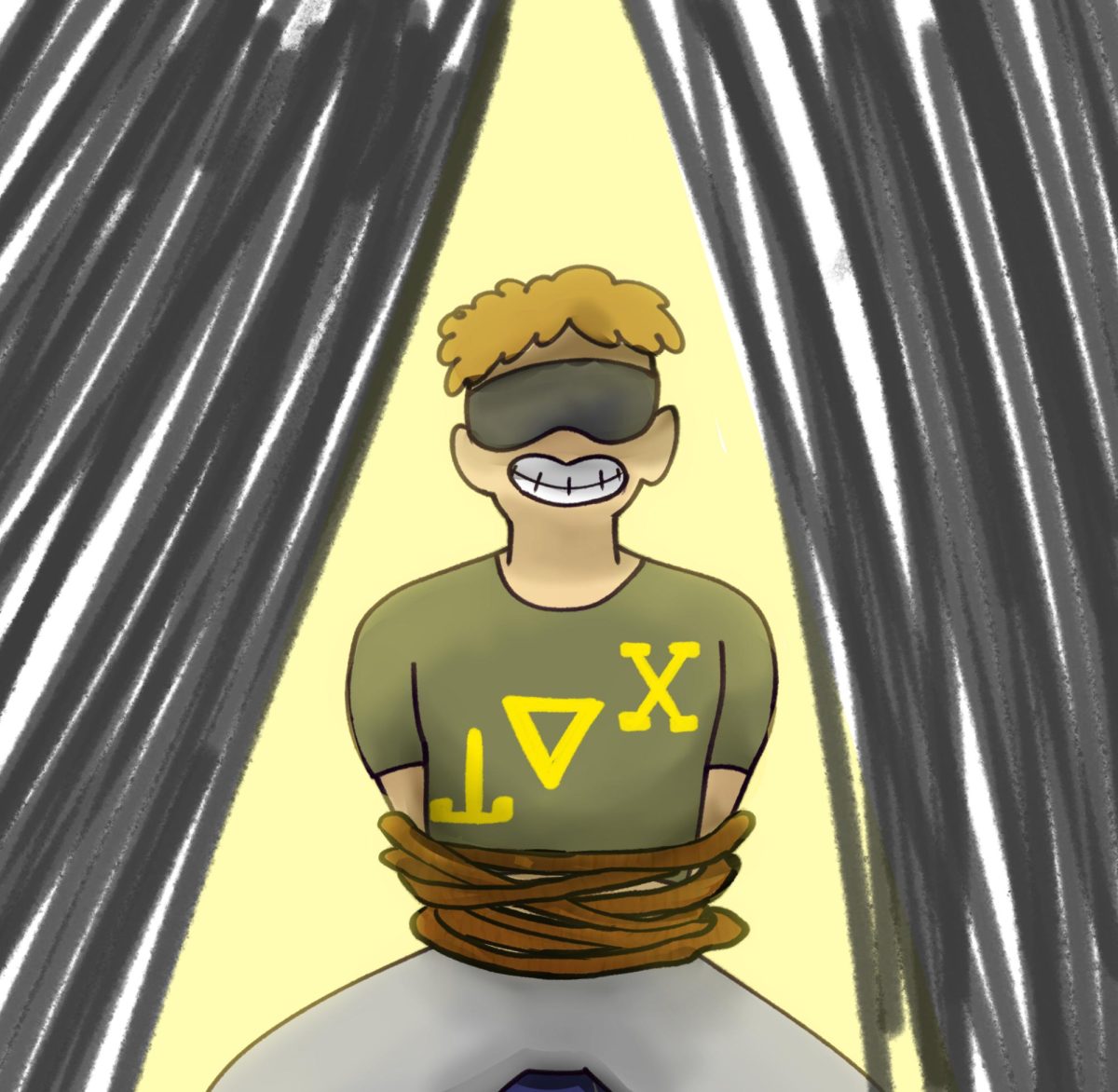Photo by Elizabeth Nelson
For nearly three months of every summer, there are vacant dormitories on Trinity University’s campus. As an economics major, I find this to be incredibly inefficient, and as a human being, I find it to be immoral. Why? Because each night, well over a thousand San Antonians lack any shelter. Children, veterans, disabled people and victims of drug addiction are unfortunately among those living on the streets or in encampments.
Don’t get me wrong. The immorality centrally lies with a system that perpetuates homelessness even as five homes were vacant for every one homeless person in 2012, according to Amnesty International USA. Affected individuals are cast away as “others” by a society that treats them like pests rather than human beings worthy of basic dignity. Meanwhile, government serves the most powerful among us, recently handing out an average tax cut of $51,000 to the top one percent and simultaneously allowing a trillion dollar corporation like Amazon to pay nothing in taxes. In 2018, billionaires paid 23 percent of their income in taxes while the average American paid an effective rate of 28 percent.
Mark Johnston, a former top official with the Department of Housing and Urban Development for Democratic and Republican administrations has estimated that the cost to end homelessness in America would be $20 billion. To put this in perspective, the military budget increase for 2018 was $61 billion, larger than Russia’s entire military budget and making ours of $693 billion greater than the next 7 countries combined. Never mind the trillions of dollars wasted on disastrous wars in Iraq and Afghanistan. Our country’s leaders would much rather promote the interests of “defense” contractors than care for the most disadvantaged members of society.
In Los Angeles County, a program was instituted that houses the chronically homeless and provides them with case managers for support services. A study published by the RAND Corporation determined that for every $1 spent on the program, the county saved $1.20 in taxpayer money due to reduced costs in health care and other social services. What do you know? When we give people a roof over their heads, they actually become more productive members of society!
Maybe in the future, when we decide to house everyone, many formerly homeless people could go on to cure diseases, start businesses and cultivate our next generation of leaders. For now, we lack the necessary empathy and vision. That being said, the choice to disrupt this status quo is up to you, as only one presidential candidate for 2020 has run on ending homelessness and has even been talking about the plight of homeless people on a regular basis. If you have been paying attention, who this is should not be surprising (cough, cough … Bernie Sanders).
While government is primarily to blame, Trinity University also has a cost-effective and moral solution to the homeless crisis in San Antonio. While Haven for Hope and other organizations provide transitional shelter to over a thousand San Antonians at any given moment in time, typically over a thousand others are forced to live outside. In the summer, Trinity University could offer up its dorms and potentially reduce the number of unsheltered homeless people to zero.
This policy would increase university costs for utilities as well as safety and custodian services, but would not cost enough to threaten the university’s financial health or justify raising the price of tuition or student housing. The benefits, however, would be enormous. Community support. Check. Worldwide recognition. Check. Doing the right thing. Check.
Are you outraged after reading this? Good. You should be. Hopefully for the right reasons, though. Now, it is our collective responsibility to advocate for an end to homelessness on some level, whether that be in our own backyard or nationwide.
Do not tell me that we can’t do it. We absolutely can and must.






Matthew Garr • Jan 24, 2020 at 10:20 am
Well put! While utilizing dorms to end unsheltered homelessness would be something of a band-aid to momentarily fix a larger problem, it would give us the necessary time to work towards solving that problem while also protecting the safety and dignity of our city’s homeless population. Not to mention it would also draw attention to the overall problem and inspire solutions!